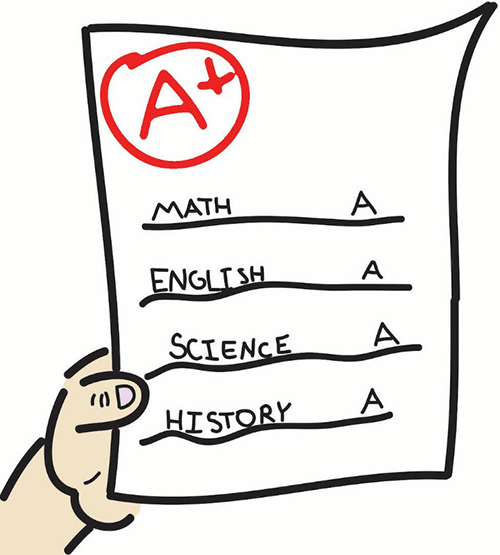ANNUAL SUMMARY
Georgia Law requires that home school parents write an assessment at the end of each year summarizing each year’s progress. These reports can be referred to as Year-End Reports, Summary Reports, Yearly Evaluations, Yearly Assessment Reports, etc. A Year-End Report is written because the law says we are supposed to. Beyond that, these reports can be extremely helpful in planning what approach to take the following year. By using this report and the information derived from formal assessment (standardized tests), parents can set reasonable, attainable goals for their children.
Summary reports help in charting progress through the year and can be a help in planning for the next year. These reports are just what the name says: a written summary of what has been covered in each subject by the student in a given period of time. Summary reports usually scare homeschooling parents because they assume somebody is going to look at them and judge them. In Georgia, NO ONE looks at your reports. They go into a permanent folder you keep for each of your children. Information derived from both formal and informal assessment should be used in writing your year-end summaries.

Who should see this report?
- You and your spouse – to discuss progress and areas that need work
- Possibly your student – for the same reasons, and, also, it’s good to let them know how they’re doing. Think of this report as being similar to (but NOT the same as) a report card.
- No one else. Period.
Summaries can be written in different forms. You choose the one that works for you.
- Checklist form – usually supplied by publishers; easy to fill out and store; not as personal.
- Narrative form – Takes a little more time and thought, but is extremely helpful because it’s personal.
- Chart form – Same information, just on a chart. If you like Excel and charts, this one’s for you.
Regardless of the form you use, the law states that the report should cover Reading, Language Arts, (handwriting, English (grammar), spelling, composition, phonics), Math, Social Studies, and Science. You can add any other subject you desire as long as you cover these areas. Include information on materials used and progress made. For high school, this could take the form of a transcript and include a letter grade.
Summaries shouldn’t be feared and shouldn’t take more than a couple of hours per student even if you use the longer, narrative form.
What's In an Annual Summary
List the subjects, the materials used, and basics you covered. If you want to make it more useful, include strengths and weaknesses, and a “still needs to learn…” section. You can also add any extracurricular items you want to, including activities, projects, field trips, books read, etc.
The summary doesn't need to be edited for neatness. It can be in the form of notes. Remember: NO ONE SEES IT!!!
By Ruth R. Martin, Ph. D., © 2002, updated 2015. Used with permission.
